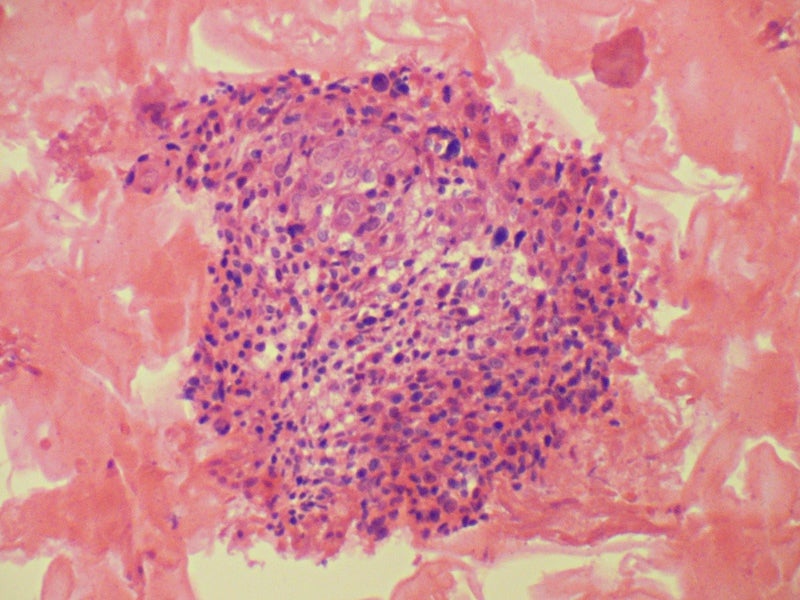
ISA Pharmaceuticals has randomised the first patient in a Phase II clinical trial investigating ISA101b in combination with cemiplimab (REGN2810) for the treatment of HPV16-positive oropharyngeal cancer (OPC).
ISA Pharmaceuticals’ lead compound ISA101b is a synthetic long peptide (SLP) immunotherapy targeting HPV16-induced diseases including cervical cancer and head–and-neck cancer, while cemiplimab is an anti-PD-1 antibody developed by Regeneron.

Discover B2B Marketing That Performs
Combine business intelligence and editorial excellence to reach engaged professionals across 36 leading media platforms.
The double blind, placebo-controlled trial is expected to enroll around 164 patients who do not respond to first-line chemotherapy.
Patients will be randomly distributed in 1:1 ratio to receive a combination of either cemiplimab/ISA101b or cemiplimab/placeboin three-week cycles for up to 24 months.
The primary efficacy endpoint of the trial is to find out whether the combination of ISA101b and cemiplimab will obtain a higher overall response rate (ORR) over the combination of cemiplimab and placebo.
Secondary endpoints comprise progression-free survival (PFS), overall survival (OS), and safety and tolerability.

US Tariffs are shifting - will you react or anticipate?
Don’t let policy changes catch you off guard. Stay proactive with real-time data and expert analysis.
By GlobalDataThe trial will be carried out at around 50 sites across the US and Europe.
ISA Pharmaceuticals CMO Dr Leon Hooftman said: “ISA101b has already demonstrated very promising results when combined with nivolumab in a previous study in advanced HPV16-positive cancers.
“Particularly in patients with relapsed head-and-neck cancer, the percentage of patients with a meaningful tumour response appeared to be twice as high as achieved with nivolumab alone.
“The objective of the current randomised trial is to confirm such clinical benefit of ISA101b in a controlled setting.”





